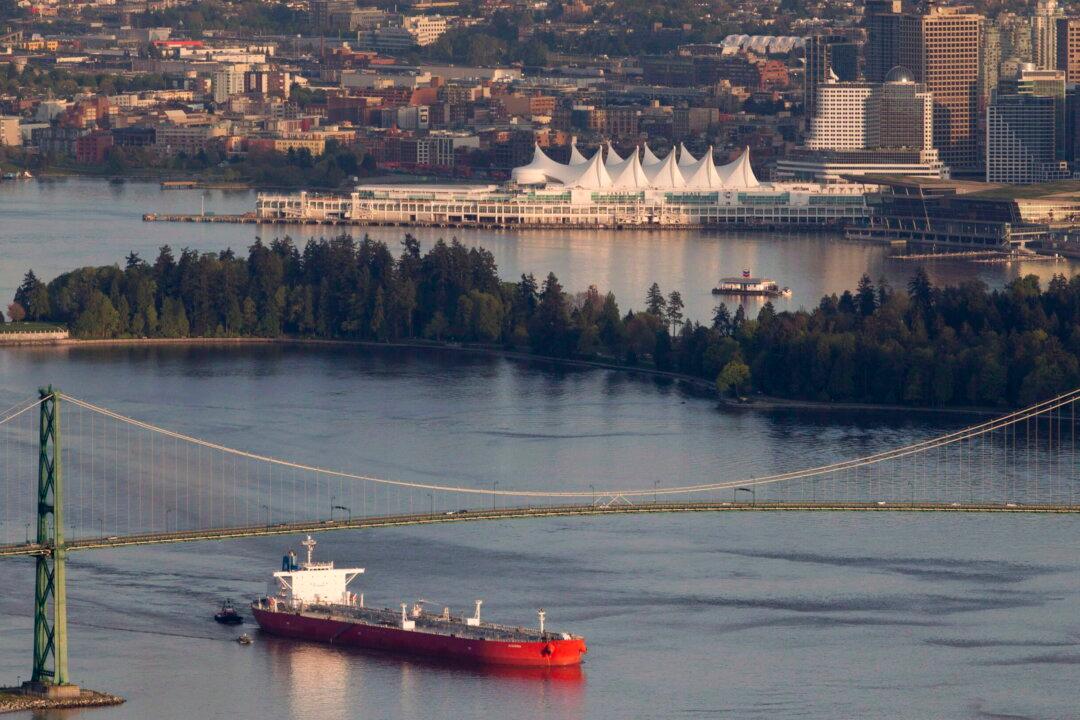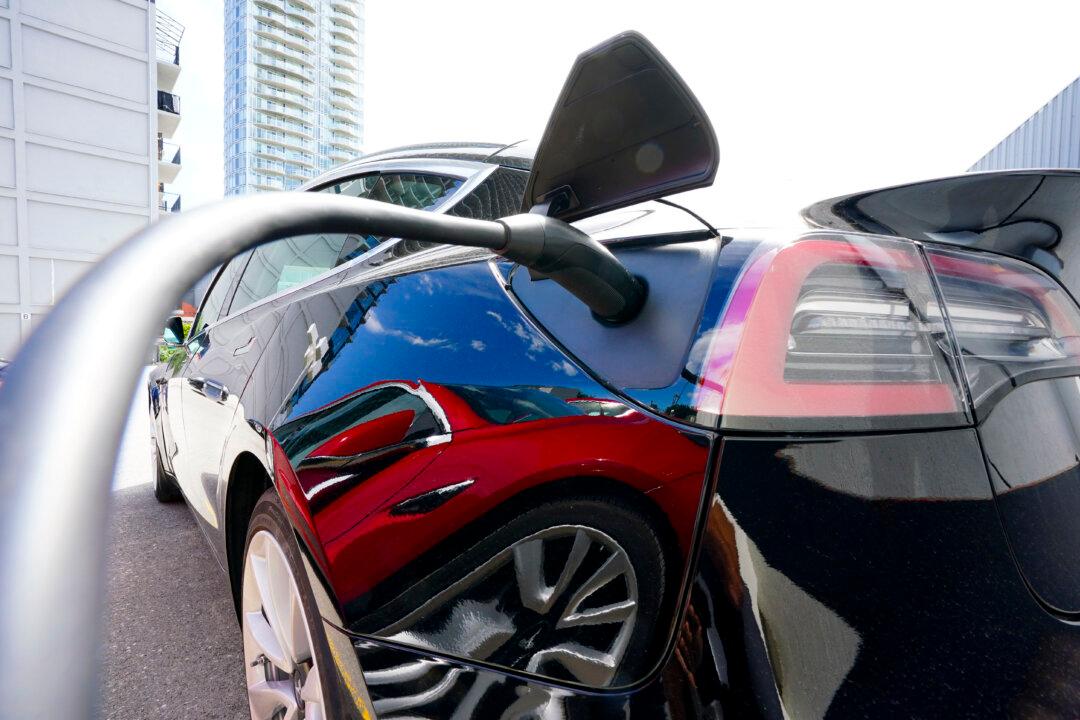Commentary
Energy analysts and business leaders have been warning North Americans and Europeans about declining energy security for years. Western nations have spent the last decade obsessed with developing renewable energy resources while shutting down their own conventional energy resource development under the assumption that a great transition would happen.





